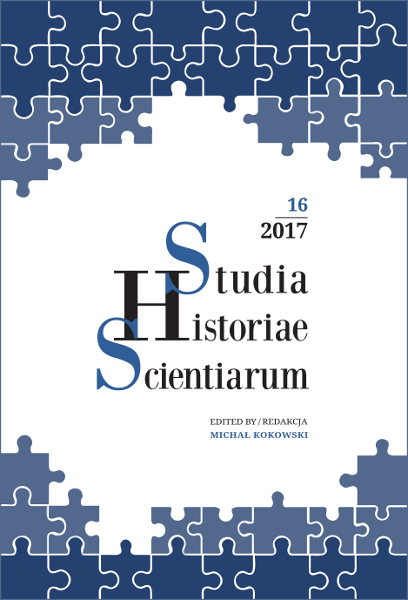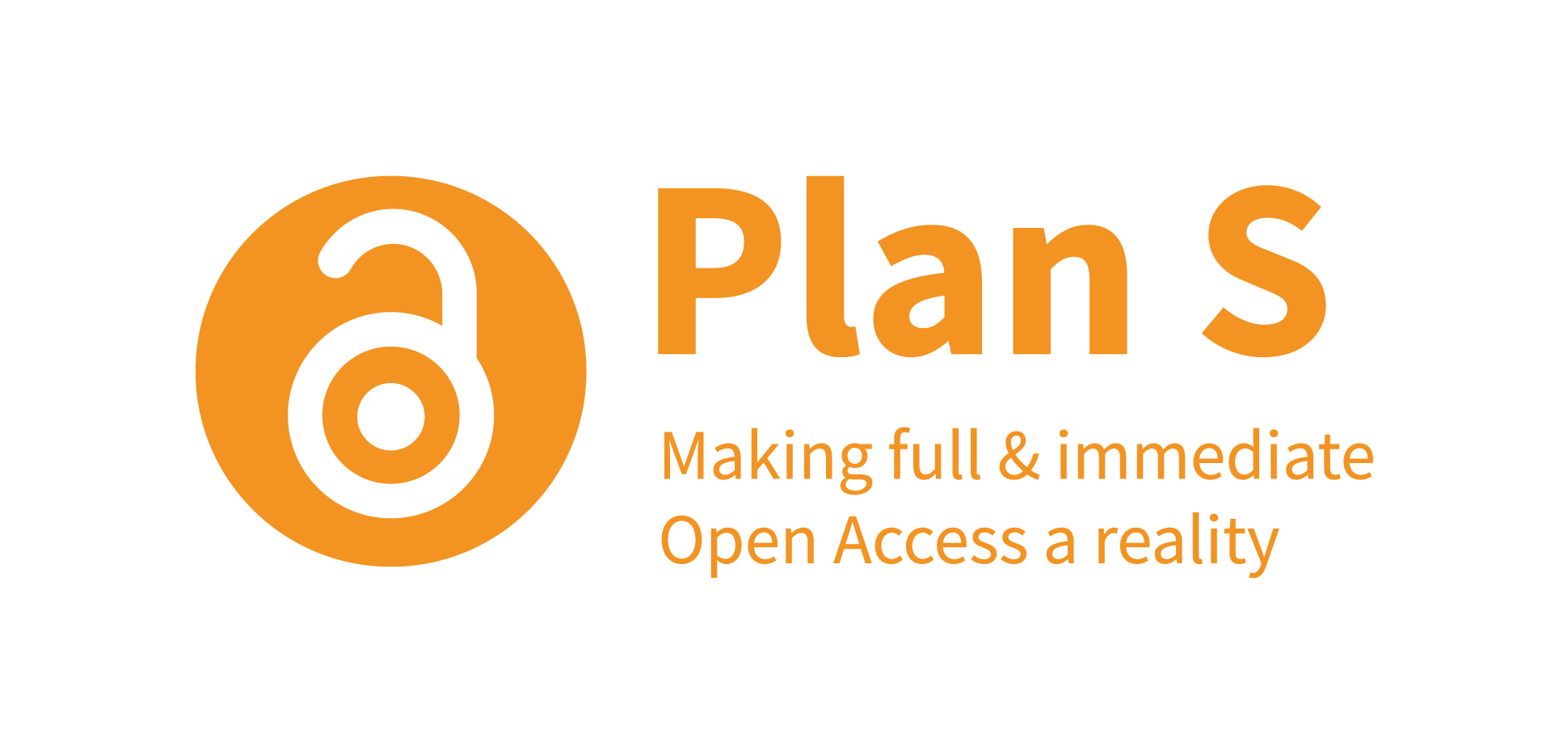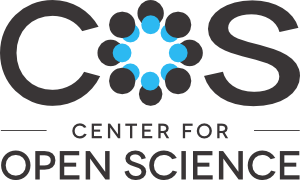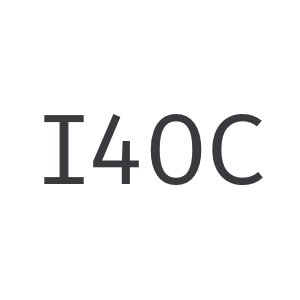The dream that never dies: the ideals and realities of cosmopolitanism in science, 1870–1940
DOI:
https://doi.org/10.4467/2543702XSHS.17.004.7705Keywords:
Alexandre Koyré Medal for 2016, Robert Fox, The International Academy of the History of Science, The European Society for the History of Science, Prague, cosmopolitanism, national interests, the world of learning, 1870–1940, UNESCOAbstract
In the half-century before the Great War, collaborative international ventures in science became increasingly common. The trend, manifested in scientific congresses and attempts to establish agreement on physical units and systems of nomenclature, had important consequences.
One was the fear of information overload. How were scientists to keep abreast of the growing volume of books, journals, and reports? How were they to do so in an era without a common language? Responses to these challenges helped to foster new departures in cataloguing, bibliography, and an interest in Esperanto and other constructed languages.
By 1914, the responses had also become involved in wider movements that promoted communication as a force for peace.
The Great War dealt a severe blow to these cosmopolitan ideals, and the post-war reordering of international science did little to resurrect them.
A “national turn” during the 1920s assumed a darker form in the 1930s, as totalitarian regimes in the Soviet Union, Italy, Germany, and Spain associated science ever more closely with national interests.
Although the Second World War further undermined the ideal of internationalism in science, the vision of science as part of a world culture open to all soon resurfaced, notably in UNESCO.
As an aspiration, it remains with us today, in ventures for universal access to information made possible by digitization and the World Wide Web).
The challenge in the twenty-first century is how best to turn aspiration into reality.
References
Alter, Peter 1987: The Reluctant Patron. Science and the State in Britain 1850–1920, trans. Angela Davies. Oxford, Hamburg, and New York: Berg Pub Ltd.
Andersen, Hendrik Christian; Hébrard, Ernest M. 1913: Creation of a World Centre of Communication. Paris: Philippe Renouard.
Archer, Colin; Laqua, Daniel; Vijver, Gwenaël Vande; Guieu, Jean-Michel; Grossi, Verdiana; Piette, Valérie; Liesen, Bruno; Bruwier, Marinette; Adant, Jérôme; Galand, Pierre; La Fontaine, Henri 2012: Henri La Fontaine. Prix Nobel de la Paix: un Belge épris de Justice. Mons and Brussels: Éditions Racine.
Blair, Ann M. 2010: Too Much to Know. Managing Scholarly Information in the Modern Age. New Haven, CT and London: Yale University Press.
Charles, Daniel 2005: Between Genius and Genocide. The Tragedy of Fritz Haber. Father of Chemical Warfare. London: Jonathan Cape.
Csiszar, Alex 2010: Science and the search for order: scientific print and its problems during the late nineteenth century. History of Science 48, pp. 399–434.
The Digital Public Library of America 2016: The DPLA’s collections. Available online: https://dp.la.
Darnton, Robert 2013: The national Digital Public Library is launched! The New York Review of Books LX(7) (25 April–8 May 2013), pp. 4–6.
Debarbat, Suzanne et al. (eds.) 1988: Mapping the Sky. Dordrecht, Boston, and Paris: Kluwer.
The Europeana Website 2016: The Europeana Collections. Available online: http://www.europeana.eu.
Fiss, Karen 2009: Grand Illusion. The Third Reich, the Paris Exhibition, and the Cultural Seduction of France. Chicago: University of Chicago Press.
Fox, Robert 2016: Science without Frontiers. Cosmopolitanism and National Interests in the World of Learning, 1870–1940. Corvallis, OR: Oregon State University Press.
The Google Books Website 2016: Google Books Library Project. Available online: https://books.google.com/googlebooks/library/.
The Google Company’s Website 2016a: “Company overview” page. Available online: https://www.google.com/about/company/.
The Google Company’s Website 2016b: From the garage to the Googleplex. Available online: https://www.google.com/intl/en/about/our-story/.
Gordin, Michael 2015: Scientific Babel. The Language of Science from the Fall of Latin to the Rise of English. London: Profile Books and Chicago: University of Chicago Press.
Graham, Loren R. 1972: Science and Philosophy in the Soviet Union. New York: Knopf.
Greenaway, Frank 1996: Science International. A History of the International Council of Scientific Unions. Cambridge: Cambridge University Press.
Gregory, Tullio; Tartaro, Achille; Calvesi, Maurizio; Guidoni, Enrico; Lux, Simonetta (eds.) 1987: E42. Utopia e scenario del regime. Venice: Cataloghi Marsilio. Vol. 1. edited by Tullio Gregory and Achille Tartaro and vol. 2 edited by Maurizio Calvesi, Enrico Guidoni, and Simonetta Lux.
Guerraggio, Angelo; Paoloni, Giovanni 2013: Vito Volterra. Heidelberg: Springer.
Jeanneney, Jean-Noël 2005: Quand Google défie l’Europe: Plaidoyer pour un sursaut. Paris: Mille et une nuits.
Jeanneney, Jean-Noël 2007: Google and the Myth of Universal Knowledge. A View from Europe. Translated by Teresa Lavender Fagan. Chicago and London: University of Chicago Press.
Kargon, Robert H.; Fiss, Karen; Low, Morris; Molella, Arthur 2015: World’s Fairs on the Eve of War. Science, Technology & Modernity, 1937–1942. Pittsburgh: University of Pittsburgh Press.
Kellermann, Hermann (ed.) 1915: Der Krieg der Geister: eine Auslese deutscher und ausländischer Stimmen zur Weltkrieg 1914. Weimar: Alexander Duncker Verlag. Available online: http://www.europeana1914-1918.eu/it/europeana/record/9200231/BibliographicResource_3000006447751.
Lamy, Jérôme (ed.) 2008: La Carte du ciel. Histoire et actualité d’un projet scientifique international. Paris: Observatoire de Paris and Les Ulis: EDP Sciences.
Lenard, Philipp 1936–1937: Deutsche Physik in vier Bänden, 4 vols. Munich: J. F. Lehmanns Verlag.
Levie, Françoise 2006: L’Homme qui voulait classer le monde. Paul Otlet et le Mundaneum. Brussels: Les Impressions Nouvelles.
Otlet, Paul 1934: Traité de documentation. Le livre sur le livre: théorie et pratique. Brussels: Edditiones Mundaneum Palais Mondial. Available online: http://lib.ugent.be/fulltxt/handle/1854/5612/Traite_de_documentation_ocr.pdf.
Pancaldi, Giuliano 1993: Vito Volterra: cosmopolitan ideals and nationality in the Italian scientific community between the Belle Epoque and the First World War. Minerva 31, pp. 21–37.
Päsler, M. 1960: Leben und wissenschaftliches Werk Max von Laues. Physikalische Blätter 16 (11), ss. 552–567. Available online: http://onlinelibrary.wiley.com/doi/10.1002/phbl.19600161102/epdf.
Quinn, Terry 2012: From Artefacts to Atoms. The BIPM and the Search for Ultimate Measurement Standards. Oxford: Oxford University Press.
Rasmussen, Anne 1990: Jalons pour une histoire des congrès internationaux au XIXe siècle: régulation scientifique et propagande intellectuelle. Relations internationales 62, pp. 115–133.
Rayward, W. Boyd 1975: The Universe of Information. The Work of Paul Otlet for Documentation and International Organisation. Moscow. Available online: https://www.ideals.illinois.edu/bitstream/handle/2142/651/THE%20UNIVERSE%20OF%20INFORMATION.pdf.
Rayward, W. Boyd 2016: Rayward’s Otlet page: Paul Otlet and Documentation. Available online: http://people.ischool.illinois.edu/~wrayward/otlet/otletpage.htm.
Reinbothe, Roswitha 2006: Deutsche als internationale Wissenschaftssprache und der Boykott nach dem Ersten Weltkrieg. Frankfurt-am-Main and New York: Lang.
Simili, Raffaella 2013: La presidenza Volterra. In: Raffaela Simili, Giovanni Paoloni (eds.), Per una storia del Consiglio Nazionale delle Ricerche, vol. I (Bari, Rome: Editori Laterza), pp. 72–127.
De Solla Price, Derek John 1975: Science since Babylon, enlarged edition. New Haven and London.
Tomassini, Luigi 2001: Le origini. In: Raffaella Simili and Giovanni Paoloni (eds.), Per una storia del Consiglio Nazionale delle Ricerche, vol. II (Bari, Rome: Editori Laterza), pp. 5–71.
Uekötter, Frank 2010: Expansionsgelüste an der Isar. Das Deutsche Museum und die Führung des Dritten Reichs: Adolf Hitler, Fritz Todt und die Pläne für ein Haus der deutschen Technik. In Elisabeth Vaupel, Stefan L. Wolff (eds.), Das Deutsche Museum in der Zeit des Nationalsozialismus: eine Bestandsaufnahme (Göttingen: Wallstein Verlag), pp. 195–243.
Von Ungern-Sternberg, Jürgen and Wolfgang 1996: Der Aufruf “An die Kulturwelt”. Stuttgart: Franz Steiner Verlag.
Vaupel, Elisabeth; Wolff, Stefan L. (eds.) 2010: Das Deutsche Museum in der Zeit des Nationalsozialismus. Eine Bestandsaufnahme. Göttingen: Wallstein Verlag.
Wikipedia 2017a: Louis Couturat. Available online: https://en.wikipedia.org/wiki/Louis_Couturat.
Wikipedia 2017b: Léopold Leau. Available online: https://en.wikipedia.org/wiki/Léopold_Leau.
Wikipedia 2017c: Johann Martin Schleyer. Available online: https://en.wikipedia.org/wiki/Johann_Martin_Schleyer.
Wikipedia 2017d: L. L. Zamenhof. Available online: https://en.wikipedia.org/wiki/L._L._Zamenhof.
Wright, Alex 2014: Cataloging the World. Paul Otlet and the Birth of the Information Age. Oxford: Oxford University Press.
Downloads
Published
Issue
Section
License
Copyright (c) 2017 Robert Fox

This work is licensed under a Creative Commons Attribution-NonCommercial-NoDerivatives 4.0 International License.




























